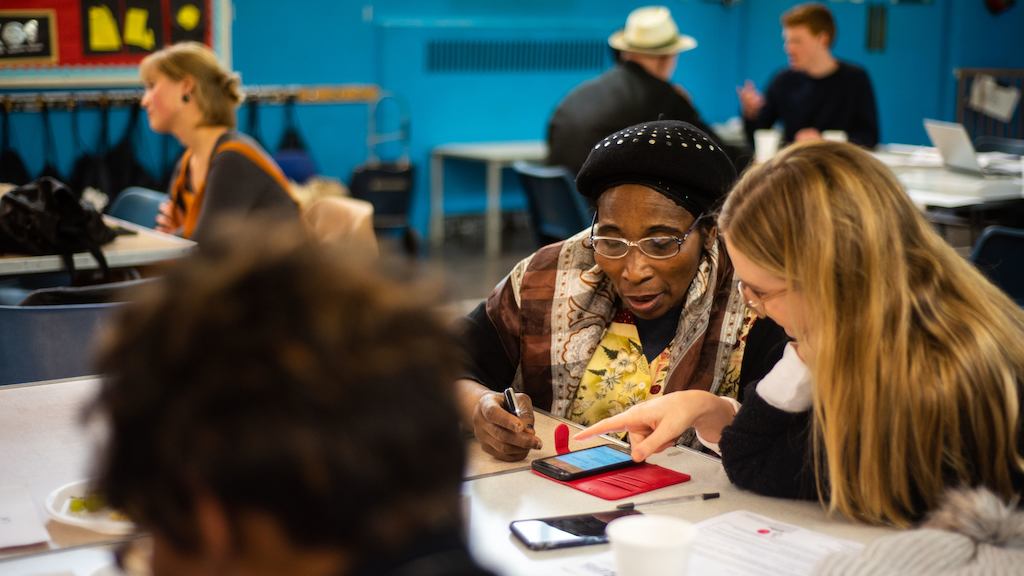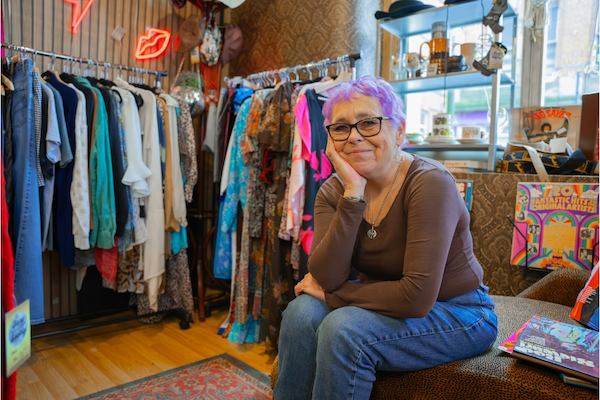This weekend, after a further week of Black Lives Matter demonstrations across the UK, third anniversary of Grenfell, and the leak of an unpublished section of the government’s report on BAME deaths from COVID-19, Boris Johnson announced a new commission to look into ‘all aspects’ of racial inequality in Britain. This is a welcome step. From the Windrush scandal to the disproportionate impact of coronavirus on BAME communities, we have seen in recent years that racism and inequality are still deeply entrenched in our society.
We know from our work at the Centre for Ageing Better that these inequalities are profoundly felt by those in later life, and it’s crucial that the work of the commission capitalises on this moment we are experiencing as a country and spurs calls for action. The coronavirus crisis has thrown into sharp relief the health inequalities faced by BAME communities, which have led to tragic and shocking death rates from the virus. But these inequalities were marring and shortening lives for many years before the pandemic hit, and without action will continue to do so long after it is over.
Our new research on those approaching retirement age found that a third of the poorest people aged 50-70, living on less than £150 a week, are BAME. We know that a person’s wealth plays a huge role in determining their health and wellbeing especially as they get older, with chronic heart disease, diabetes, respiratory illness, arthritis and depression much more common in those from poorer backgrounds.


